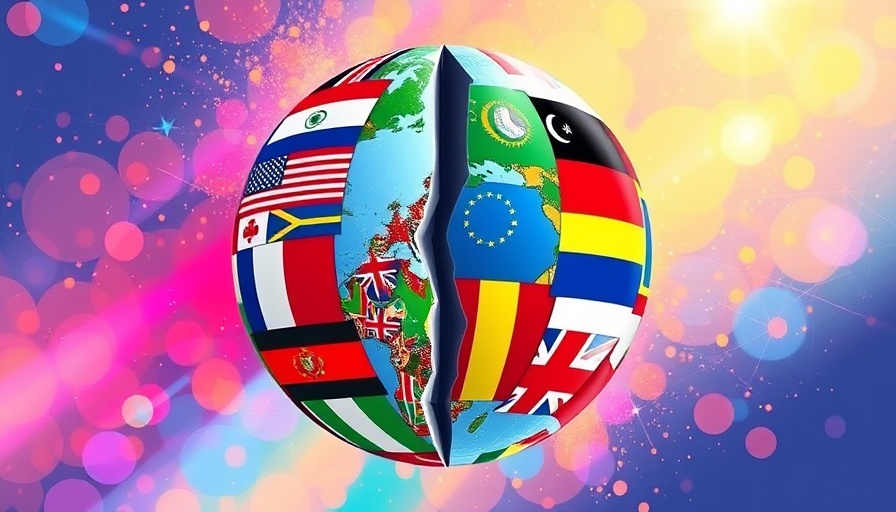
The Impact of America First on Global Young Diplomats
At the Yale Model United Nations Conference held this March in Geneva, high school students embarked on a simulated diplomatic journey filled with imaginative scenarios. Yet, amidst these elaborate role-plays, a distinct reality cast a shadow over the event—Trump's 'America First' foreign policy tendencies. The highlight of the conference was a fictional crisis involving Elon Musk, where delegates from around the globe worked to navigate the tumultuous waters of international relations hindered by political influences reminiscent of current geopolitical tensions.
The Experiential Learning Through Crisis Scenarios
Participating in Model U.N. provides students with unique opportunities to engage with pressing global issues through crisis management simulations that resemble real-world diplomacy. Delegates from various countries tackled imaginative challenges in committees surrounding everything from outer space militarization to equitable internet access. Unfortunately, the influence of American exceptionalism, a significant aspect of the Trump administration's foreign policies, lingered even within these fictional discussions, making it clear that the participants were unable to detach from the real-world complexities they were role-playing.
Relevance to Today's Political Climate
As these young diplomats embody the roles of nations striving for collaboration, they may find it disheartening how nationalistic sentiments expressed in contemporary politics can affect their ability to engage freely in international dialogue. More than just a casual extracurricular, Model U.N. stands as an educational platform ironically challenged by the prevailing 'America First' narrative that prioritizes national interests over global unity. It reinforces the importance of fostering cooperation among youth amidst a changing political landscape.
Preparing Future Leaders for World Diplomacy
Model U.N. does not only aim to teach high schoolers about international relations but also prepares them as potential leaders who might one day step into real diplomatic roles. The experiences gleaned from these simulations might shape their perspectives on how to approach complex global issues in the future. Furthermore, as the students articulate their vision for a collaborative future, it becomes evident that the mindset they cultivate today could influence their contributions to reducing isolationism in global politics.
 Add Row
Add Row  Add
Add 

 Add Row
Add Row  Add Element
Add Element 




Write A Comment